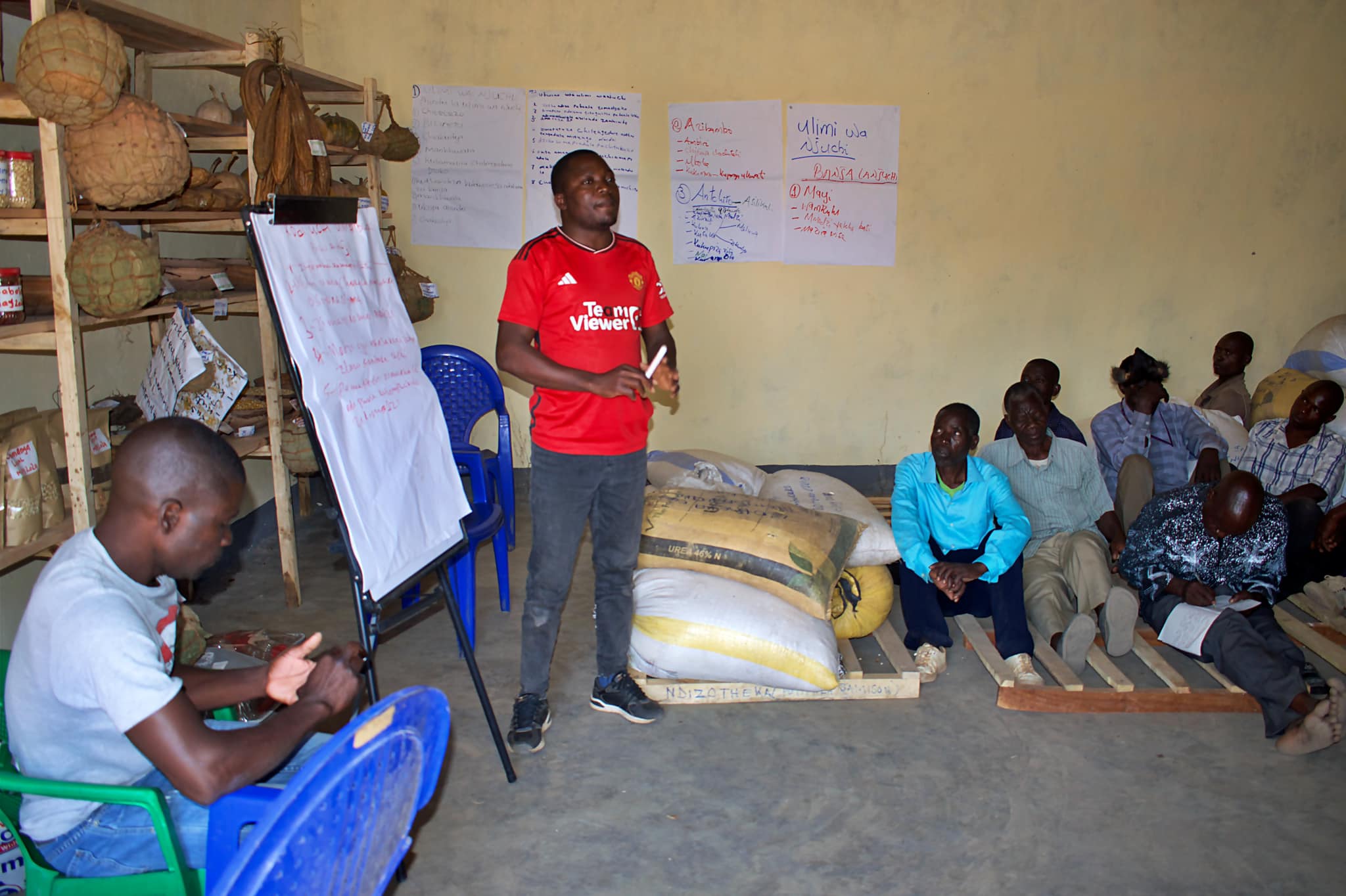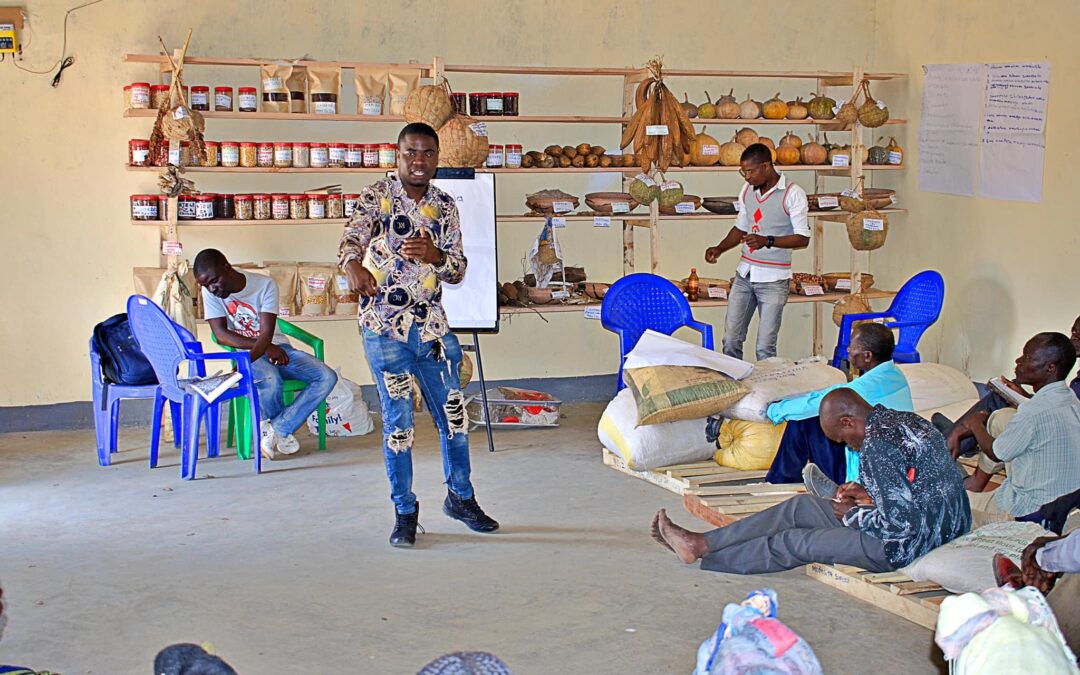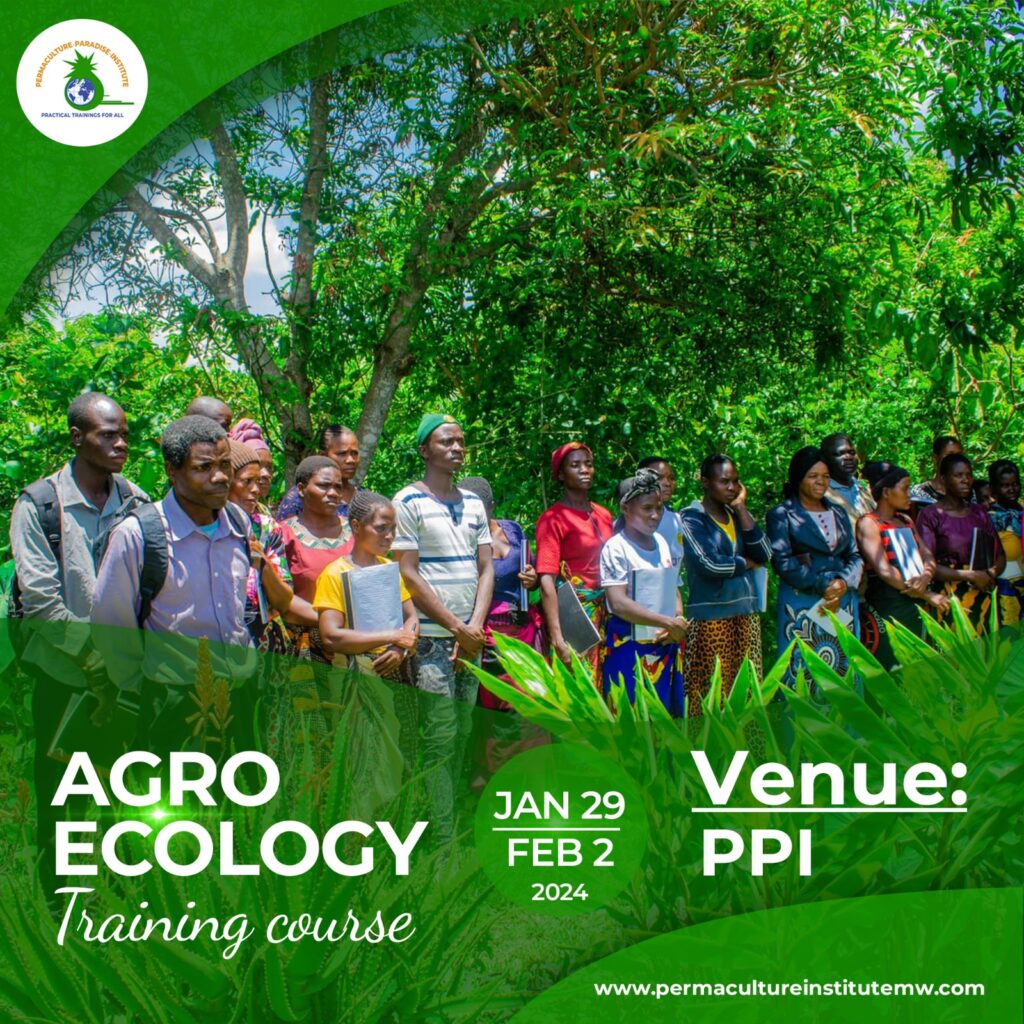The first day of our apiculture training course in Madisi Dowa was buzzing with excitement as farmers from across the region gathered to deepen their knowledge of beekeeping. This training is part of our broader food security project, aimed at equipping farmers with sustainable practices that not only enhance their food forests but also provide additional income streams.
We kicked off the session with an engaging overview of beekeeping, exploring both the benefits and challenges of this fascinating practice. Farmers were introduced to the intricate composition of a bee colony, learning how each member plays a crucial role in the hive’s success. From the queen to the worker bees, everyone has a job, and together, they ensure the hive thrives.
A highlight of the day was the deep dive into brood development and the honey production process. Understanding how bees develop from eggs into fully functioning members of the colony gave the farmers a new appreciation for these tiny yet mighty creatures. The honey production process, which is as intricate as it is fascinating, promises to be a sweet reward for their efforts.
These farmers are no strangers to sustainable farming—they’re already well into the middle stage of succession in their food forests. But with the addition of bees, their ecosystems will flourish even more. The bees will act as natural pollinators, ensuring the health and productivity of the forests. They’ll also help regulate pests and diseases, reducing the need for chemical interventions.

And let’s not forget the financial benefits. Honey production is a lucrative venture that will provide these farmers with an additional source of income, further strengthening their food security.
Stay tuned as we continue to follow these dedicated farmers on their journey to mastering the art of beekeeping. Tomorrow, we’ll delve into hive management and the essentials of maintaining a healthy bee colony. The future is bright, and it’s buzzing with possibilities!



